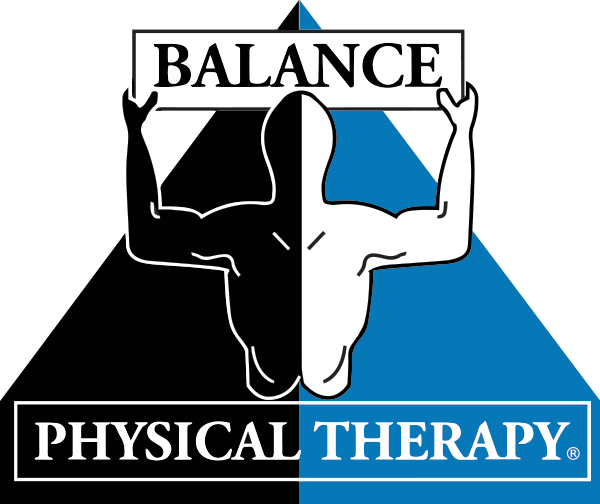Enhancing Rehabilitation Results Via Effective Practical Movement Assessment Guidelines
Enhancing Rehabilitation Results Via Effective Practical Movement Assessment Guidelines
Blog Article
Functional Mobility Assessment (FMS) is a beneficial instrument used to evaluate an individual's movement mechanics. This assessment aids determine any deficiencies or discrepancies in the musculoskeletal system, which can result to harm if not addressed. In recovery contexts, FMS can play a critical role in enhancing recovery results. By understanding how each person navigates, healthcare professionals can design targeted rehabilitation plans that focus on enhancing strength, flexibility, and overall performance.
One of the key benefits of using FMS in rehabilitation is its ability to pinpoint particular areas that need enhancement. For instance, if a client has difficulty with squatting or lunge movements, it may suggest a deficiency of mobility in their hip joints or ankles. This data allows clinicians to create customized exercise programs that highlight addressing these deficits. As a consequence, patients are more likely to regain their power and ability, which is essential for resuming to daily activities or athletics.
Incorporating effective FMS procedures can also assist avoid future injuries. Many injuries happen due to poor mobility patterns or overuse of specific muscular groups. By evaluating patients before they start a rehabilitation plan, therapists can detect hazards and establish strategies to reduce them. additional info Informing patients about proper mobility mechanics and enhancing weak aspects can lead to long-term benefits, promoting that they stay active and fit.
Moreover, the use of FMS can enhance communication between healthcare professionals and patients. When clients see their movement mechanics assessed and explained, they gain a better understanding of their rehabilitation journey. This clarity fosters trust and motivates patients to take an engaged part in their recovery. By engaging patients in their recovery process, they are more likely to adhere to recommended activities and lifestyle adjustments that promote better results.
In conclusion, enhancing recovery results have a peek at this site through efficient operational mobility screening protocols is essential for both patients and healthcare professionals. By precisely assessing mobility patterns, therapists can create tailored rehabilitation plans that meet individual needs. This not only facilitates in rehabilitation but also assists prevent future harm. As patients become more involved in their rehabilitation process, they are likely to attain their goals and maintain a fit, active lifestyle.